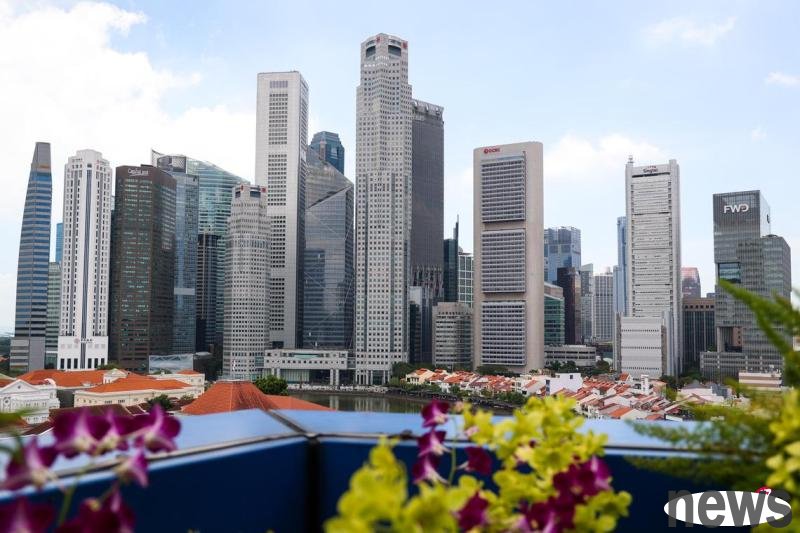
In May, companies were pessimistic about the next year, which was the first time that companies have shown negative outlook since February 2023. Lack of confidence also affects employment, and Singaporean enterprise employment levels have declined for the sixth consecutive month. The backlog of orders increased again in May due to the decrease in staff.
A report released by S&P Global on Wednesday (6th and 4th) pointed out that the core factor of the slowdown in May was the slowdown in new business expansion. It is reported that due to U.S. tariff policies, the growth rate of new orders is the slowest in the current four-month growth cycle. Output growth has also slowed down, but roughly in line with the long-term average.
S&P Global pointed out in another report on the same day that ASEAN manufacturing industry continued to face weak demand in May, and its operating conditions worsened for the second consecutive month. Although the PMI rebounded slightly from 48.7 in April to 49.2, it was still below the 50 boom and bust line, indicating that the overall situation was still in a contraction state.
The index above 50 is expansion. If it falls below the boom and bust line, falling below 50 is shrinking.
The private economy purchasing managers' index (PMI) fell to 51.5 in May, down from 52.8 in April, with the lowest growth rate in three months. Meanwhile, uncertainty in geopolitical and economic outlooks has intensified, and corporate confidence is close to the most pessimistic level in five years.
ASEAN's new orders fell significantly in May, the fastest since August 2021. Corporate confidence improved slightly, but overall it remained at a historical low.
Although the overall business environment of private enterprises in Singapore continues to improve, the pace of pace has slowed down significantly.
